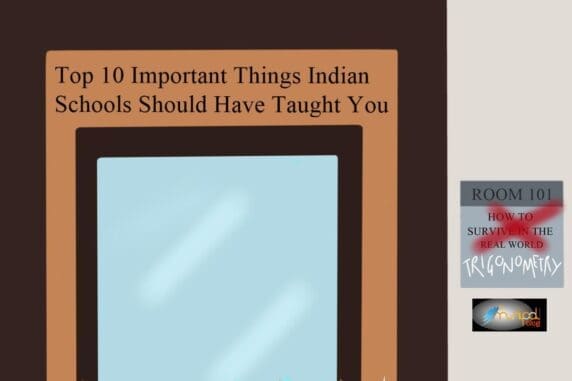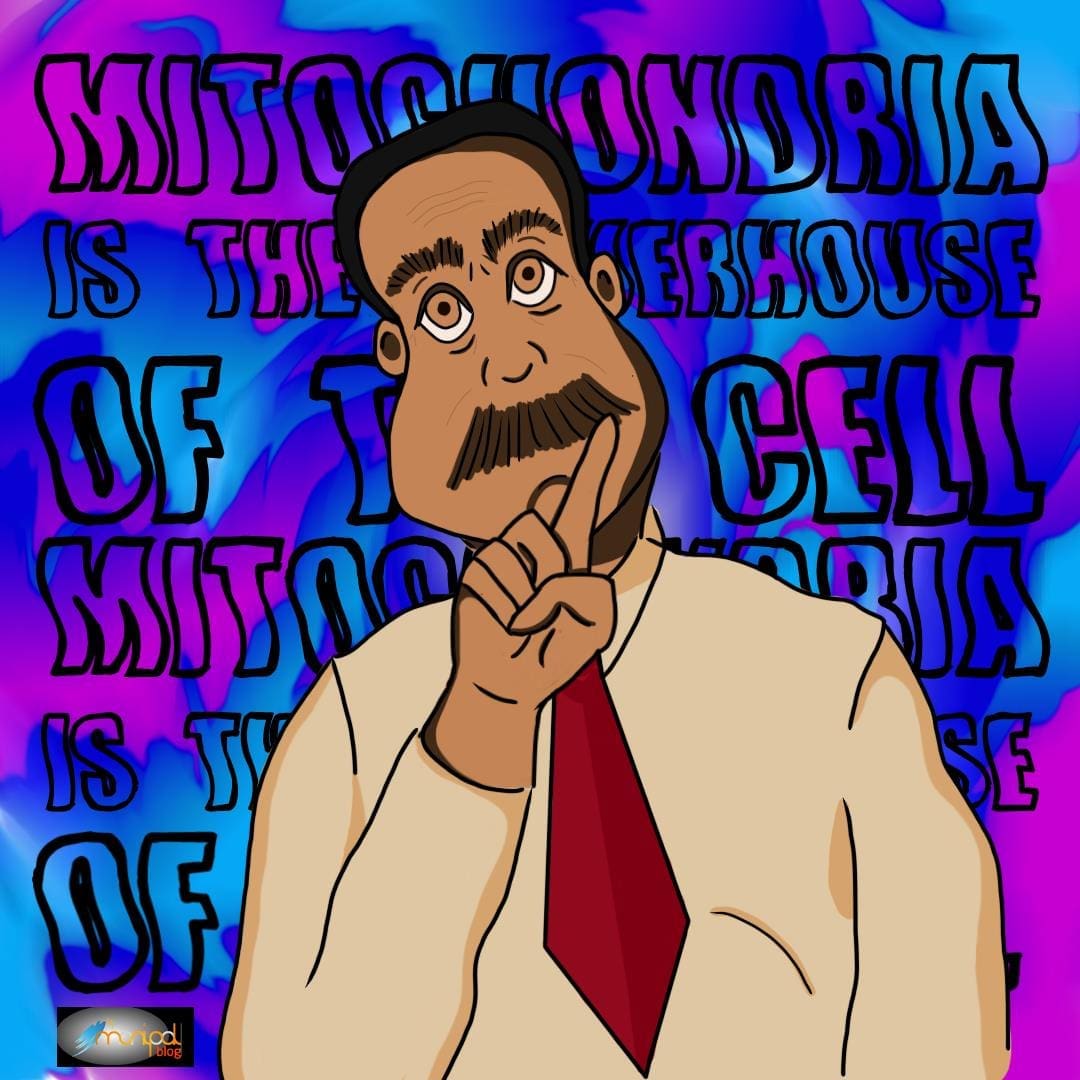
If “mitochondria is the powerhouse of the cell” doesn’t reverberate in your mind every time you think of the academics in high school, you’ve narrowly escaped the banal education the rest of us spent our nights losing. Academic institutions, or simply Indian schools, sometimes gloss over their promised salient objective: to prepare a student for “the real world”.
1. The looming presence of responsibility and essential survival grooms us to perfect portfolios, tweak college essays, and blandly recite all the parts of a cell. Admissions overshadow the jarring tumult that the burden of student loans and debt incite, hand in hand with your college education.

2. Personal finances, taxes, and insurance are a massive part of living a protected life, and simply incomprehensible to most. The influence a scholarship could make, understanding your financial limits, and learning how to pay your debt off is nearly indispensable paramount, regardless of whether or not college is in the cards for you.
3. However, give them a broken light bulb and some tools, and you’ll see real fear haunting their eyes. Without relying on the external help of carpenters and such, navigating through household maintenance and repairs is key to living independently. Preparing in advance for emergencies (the apocalypse, or interchangeably, interviews) in the realm of first aid safety seems like a lackadaisical effort in schools, where students remain befuddled about operating fire extinguishers.
4. Most people have a tendency to operate on the basis that believes that the youth of today are well versed in the intricacies of the social issues that plague us and all the involved minority communities. Whether it’s faced with an overtly privileged background or an underprivileged one, we are most often compelled to interact with a largely ignorant generation. It’s this experience more than anything that emboldens one to educate themselves.
5. It’s incredibly easy to spurn activism when it means nothing to you, until you witness it yourself, or on a screen that portrays the atrocities today. Not only familiarizing yourself to such encounters, but also learning to fight against them is crucial is bettering the world, and thus proves that social issues and activism deserve to be taught in schools.
6. How many people can say that they were raised in environments that knew as much about their local government and politics as they did about America’s? American gun violence, the American presidential campaigns, America’s COIV-19 cases. Can their knowledge of India’s gun violence, India’s presidential campaigns, and India’s COVID-19 cases parallel America’s? Understanding the foundation of your local government and politics must triumph over understanding any other nation’s; how can you save the world when you can’t help your own country?
7. Under the pretense of India’s context itself, the awareness between the more privileged portions of society fails to understand the realities of the caste system that exists within our community. The knowledge of strata, institutionalized oppression, its history, and its implications must be imparted upon those who live within the same community to fight for better employment, resources, treatment, education, and more for those who cannot fight for themselves. But how do you tackle oppression when you’re oblivious to the root of it?
8. Despite what this article began with, I stand by the fact that a biology textbook, or three, can only give you so much insight into sex education. This country doesn’t need to churn out more men who ask menstruating women to “hold it in”.
9. Expanding beyond heteronormative situations, understanding gender, and sexuality in all its fluidity, accepting abortions, and contraception, coupled with mental illnesses, are vital requisites and stepping stones to responsibility, helping one prepare, protect and seek help.
10. Finally, we arrive at the more academically inclined points: coding and critical thinking. The latter focuses on intellectually processing, reasoning, and evaluating information through observation and application, helping one analyze and divulge deeper into comprehension skills. Coding, at last, is a skill for every person, helping them build an articulate understanding with a language created to access and maneuver through the technology around them.

Be the first to comment